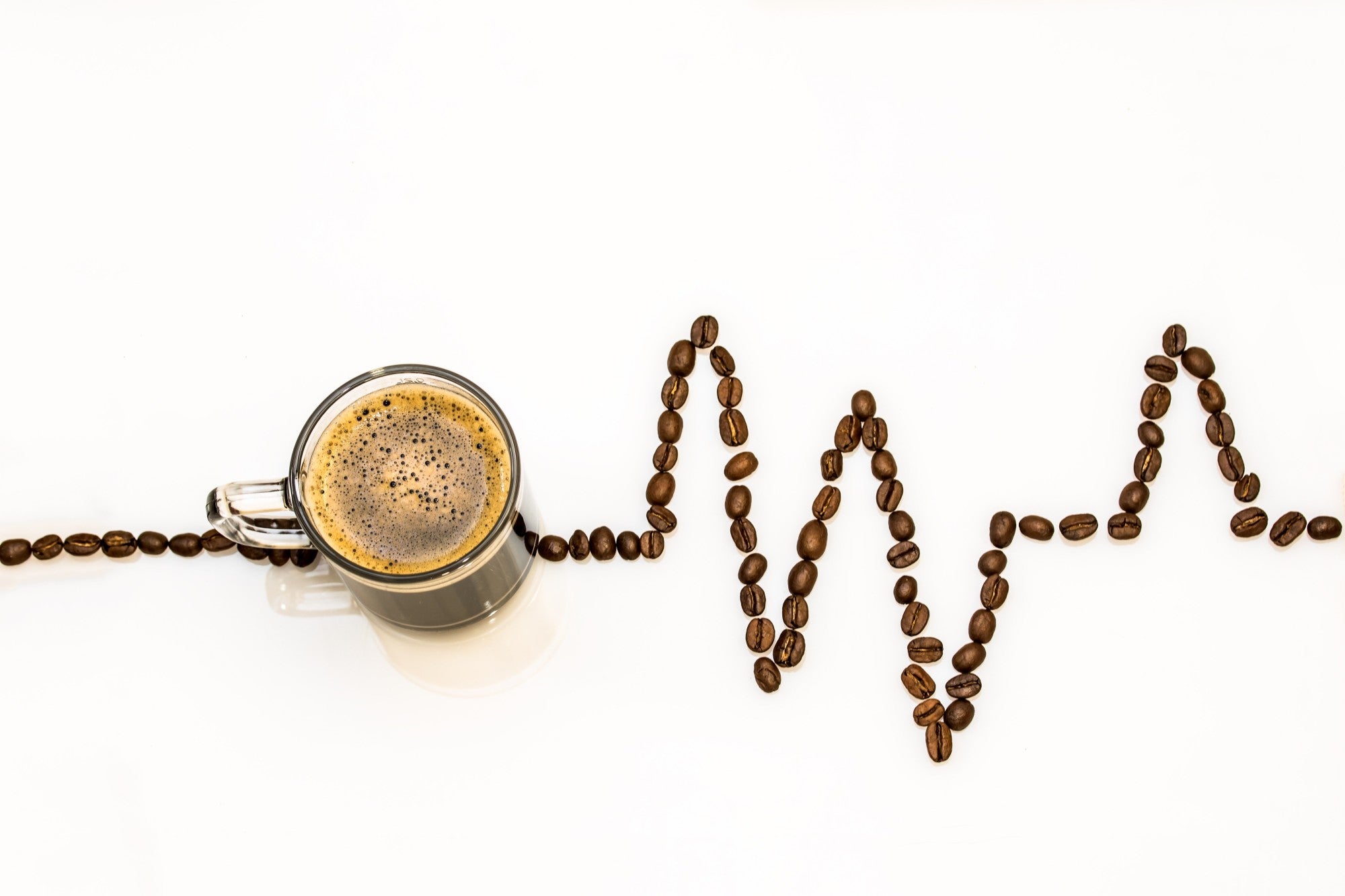
Did you know that the first recorded use of caffeine in human history was in 2,437 BCE?
It's true: Tor as long as humans have understood the energizing effects of caffeine, we've been using it to give us that little extra, natural boost it's famous for. Whether it's through coffee, tea, or a more modern option like PureLYFT, caffeine isn't just a useful substance—it's become a central part of our culture.
Chances are you have consumed some caffeine today, or at some point in the last week. But how much do you really know about this substance you put in your body?
Unfortunately, a lot of myths persist about caffeine—many of them negative. To help clear things up, here are some interesting facts about caffeine, as well as some common misperceptions.
Is Caffeine Addictive?
Caffeine can help provide a little pep in your step—but does that added boost come with a cost?
One common myth about caffeine is that it's addictive. While there is some truth to that, it's not actually addictive in the traditional sense of the word.
If you're someone who consumes caffeine on a daily basis, then you might notice a few mild withdrawal symptoms when you skip your morning coffee or afternoon tea. These can include a mild headache, sleepiness, and difficulty concentrating.
While these side effects are real and can be detrimental, they aren't technically signs of addiction—at least not the way our society tends to view addiction. Nobody's ever lost their home, family, or job because of an intense caffeine addiction (unlike with seriously addictive drugs), and mild withdrawal symptoms tend to disappear after a couple of days.
However, that doesn't mean you have to accept those side effects. Rather than drinking coffee or tea, turn to cleaner caffeine, like PureLyft. Made with un-roasted green coffee beans, our product is an all-natural, effective, and pure alternative to less-healthy caffeine products.
Interesting Facts About Caffeine and Sleep
If you've ever wanted to hit "snooze" on your alarm clock until noon, then you know how helpful caffeine can be when waking up and starting your day. But if caffeine can help keep you awake, does that mean it will also keep you from falling asleep when you want to?
Common sense tells us that you shouldn't drink a highly caffeinated beverage right before going to bed, and that's generally good advice, especially if you already have trouble falling asleep at night.
But in general, consuming caffeine throughout the day won't cause chronic insomnia. That's because your body does a good job of processing caffeine quickly through your liver.
Generally speaking, caffeine will usually be out of your system about three hours after you consume it. So as long as you aren't having caffeinated beverages in those few hours before bedtime, you don't need to worry about caffeine interfering with your sleep schedule.
Coffee Is King—Or Is It?
There's no question that coffee is the most well-known source of caffeine in our society. Coffee is featured in much of our pop culture, and most workplaces keep a pot of complimentary coffee in the kitchen to help keep employees going throughout the workday.
But just because coffee is ubiquitous, that doesn't mean it's the best way of consuming caffeine. In fact, research suggests that isolated caffeine—that is, pure caffeine by itself, rather than the caffeine found in coffee, soda, or tea—is the most effective form of the substance.
And on top of that, coffee also has uniquely unpleasant side effects.
It stains your teeth, which could result in thousands of dollars worth of dental bills. It can give you bad breath, meaning it'll be that much harder for you to make a good impression.
And it's difficult to keep track of exactly how much caffeine you're consuming in coffee because different coffee blends and barista-made drinks can have different amounts in them. That means it's easy to drink too much at once, or not get enough of the boost you need.
For all these reasons, you might want to consider switching from coffee to a more pure form of caffeine—like PureLYFT.
Caffeine and Your Health
For some reason, caffeine is often assumed to be bad for your health. But the truth is that when consumed in moderation, caffeine won't have any serious negative effects on your health.
Here are a few interesting facts about caffeine and your health.
Is caffeine dehydrating? If you tend to drink a lot of coffee, you might assume this is true.
But the reality is that coffee—rather than caffeine itself—is a diuretic, meaning it makes you need to urinate more often. But you'd need to consume a lot of caffeine to actually experience serious dehydration, so you probably don't need to worry about this.
What about caffeine and your heart? If you've ever accidentally had too much caffeine, you may have noticed an increased heart rate, and assumed the substance is bad for your heart.
But if you're an adult and have a healthy heart, then studies show you can safely consume up to six servings of caffeine a day without worrying about your heart. In fact, a small amount of caffeine every day might even lower your risk of heart disease, because of the antioxidants found in many caffeinated beverages.
So, is caffeine healthy or unhealthy? While it's always best to consult your doctor with specific health questions, it's safe to say that having a reasonable amount of caffeine a day won't harm most otherwise-healthy adults.
Try Caffeine In a New Way
Now that you've learned some interesting facts about caffeine—and perhaps have had a few myths cleared up along the way—you might be in the mood for a coffee, soda, tea, or other caffeinated beverage.
Before you reach for your mug, you might want to consider trying caffeine in a new, healthier, more versatile caffeine source. PureLYFT can be added to water, soda, sports drinks, adult beverages—basically anything you might drink!
Enjoy that next caffeinated beverage; you deserve a boost!